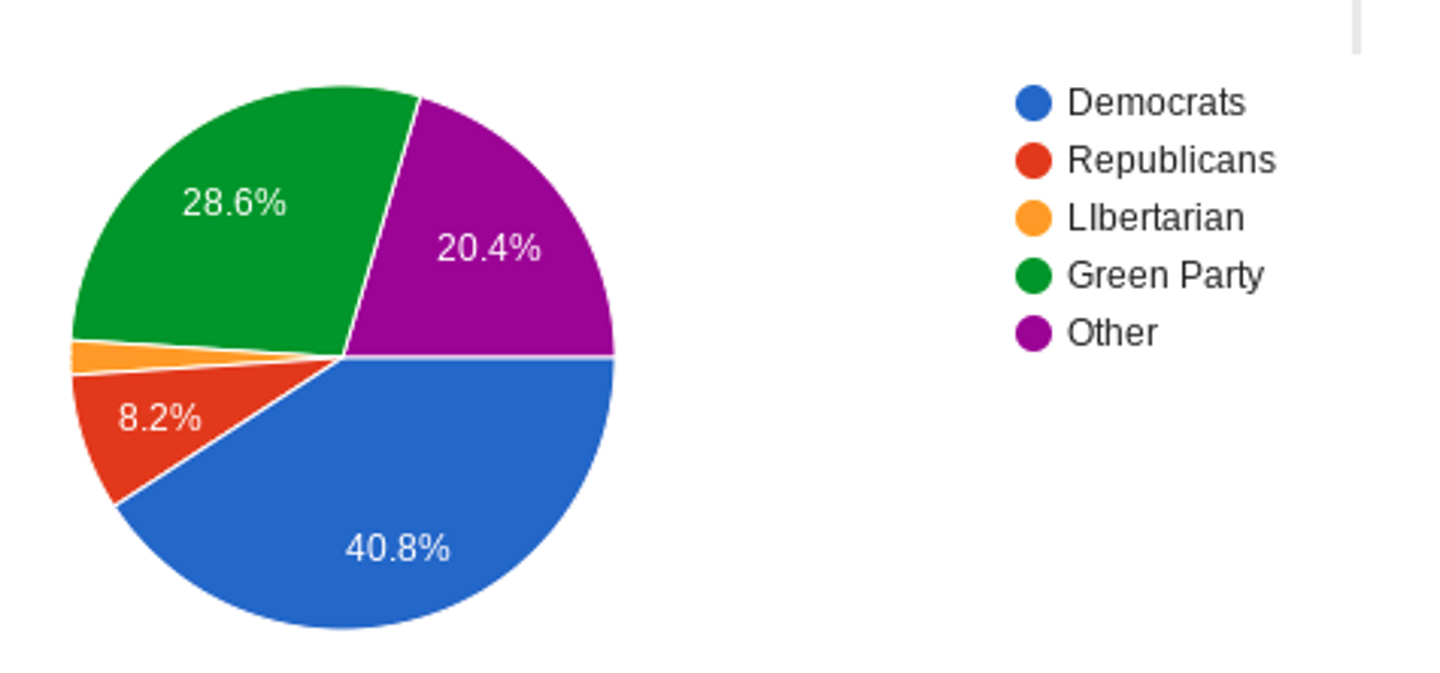3 Branches 3 Levels/Resolution of Conflict/Basic Principles of the Constitution
1/40
There's no tags or description
Looks like no tags are added yet.
Name | Mastery | Learn | Test | Matching | Spaced |
|---|
No study sessions yet.
41 Terms
Legislative Branch
makes laws
Executive Branch
enforces laws
Judicial Branch
interprets the law to make sure it follow the Constitution
bicameral
two houses
Washington D.C.
location of federal government
Ohio General Assembly
Ohio's state government in Columbus, Ohio
Municipal
synonym for City
Political Parties
groups that help elect people and shape policies

Liberal (Left)
Generally supports government action to change social, political or economic policies that are believed to be unfair
Conservative (Right)
Generally support limited government, lower taxes and traditional social values
Moderate
People who seek middle ground between liberal and conservative positions
Government
An institution that maintains social order, provides public services and enforces binding decisions on citizens
Democracy
Government by the people, for the people; The people give the government power
Representative Democracy or Republican Form of Democracy
Citizens elect representatives as their government leaders
Public Policy
The choices the government makes and the actions it takes in response to a particular issue or problem
Politics
How government is done; how political parties seek to control/infuence how government is done and public policies based on their ideology
How to participate in democracy as a citizen
Run for office
Communicate with your elected officials
VOTE
Congress
National Legislative Branch
Bicameral
2 houses in our national and state legislature
Legislature
Elected officials who are work in Congress or Ohio General Assembly
Legislation
Laws
Factions
What Framers of Constitution call groups that evolved into today's political parties
How we nominate, elect and monitor our representatives
Political Parties
Nominating
Political party's name candidates for political office (1 role of political parties)
Aid the electoral process
Political Parties (1 role of political parties)
Help run the government
Political parties in the majority has control
Platform
Political party's position on major issues
Electorate
Voters
Watchdog
Political parties watch how their and other party's officeholders perform
Political Party Ideology
A set of ideas and goals about society and the role of government that its members and supporters share
Federalist Party
Supporters of Alexander Hamilton who believed nation's future lay in a strong central government, large cities and strong manufacturing
Democratic-Republican Party
Led by Thomas Jefferson and James Madison; believed nation's strength was its agricultural base and ordinary citizens
Persuasion
The process of convincing others to accept a different point of view on an issue through logic
Compromise
Each side gives up something to resolve a disagreement
Negotiation
discussion aimed at reaching an agreement to settle differences
Consensus Building
A process in which a dispute or conflict involving several parties is resolved usually with a mediator
Popular Sovereignty
Power of the people; government gets their power from the people
Federalism
The division of power between the national and state governments
Separation of Powers
Each branch of government has its own powers; no branch has absolute power
Checks and Balances
Each branch of government can check or restrain the other so that the don't take advantage of their powers
Limited Government
Government is not all powerful and gets power from the people